Buying A House With An Oil Tank? What You Need To Know

Contents
- 1 What you need to know?
- 2 Questions you need to ask
- 2.1 When was the heating system last serviced?
- 2.2 Was a qualified technician used for the installation, servicing or repair work?
- 2.3 How much does the system cost to run?
- 2.4 When was the heating system installed?
- 2.5 How old is the oil tank?
- 2.6 Can I see the paperwork?
- 2.7 What are the access arrangements for filling the tank?
- 3 If you are buying a new home with an oil tank then Oil Tanks Plus can help
Most of us have experienced the pains of moving house, it can be one of the most stressful times in life.
Surveys have shown that the one thing that people often regret not checking before they buy a new home is the heating system.
Suddenly finding out that the heating system in your new house isn’t running as it should do will likely cost you time and money trying to sort out getting it fixed or worst, replaced. So if you are buying a house with an oil tank, then keep reading to find out what you need to know.
There are still over a million or so properties out there that rely on oil tanks to provide hot water and warmth during the colder months. Here at Oil Tanks Plus our team are often approached for advice by home buyers who have no previous experience in caring for an oil tank and are looking to know what to check and what to expect.
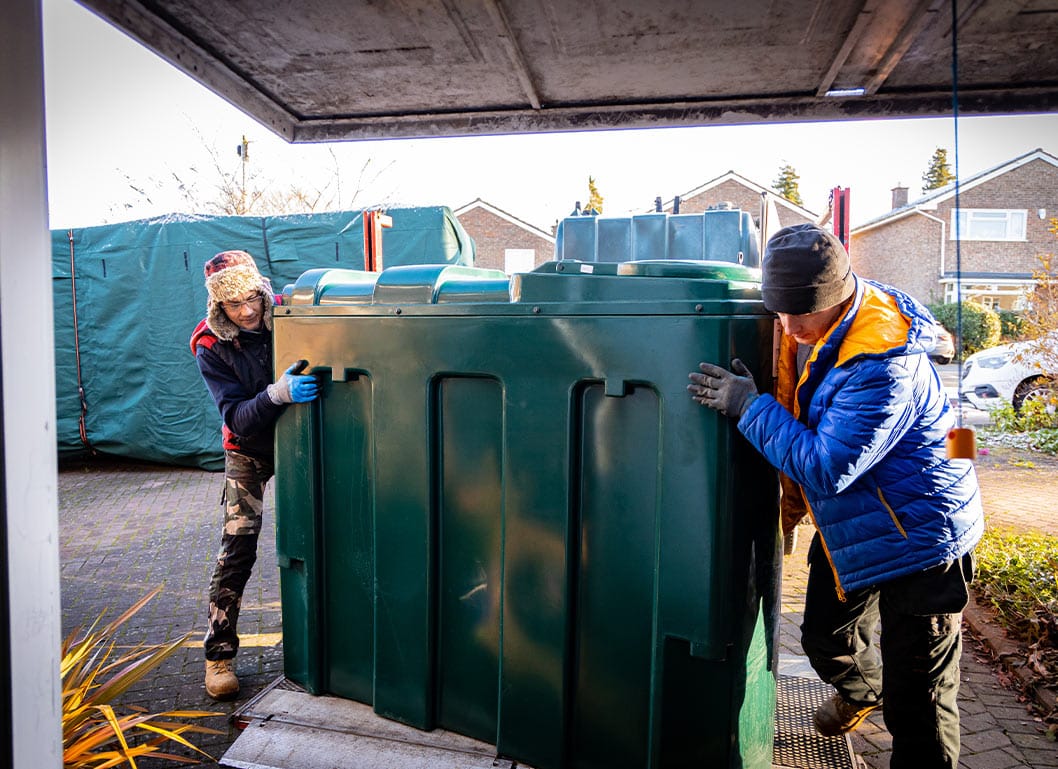
Remembering to check the state of your potential new property’s heating system during the buying process can save you time and money, whilst giving you one less thing to worry about.
Below is a useful guide of questions, and things to check whilst in the buying process so that you are fully aware of the situation.
When was the heating system last serviced?
Boilers should be serviced at least once a year to ensure they are running correctly and efficiently – especially after a very cold winter. Regular oil tank maintenance and servicing can also help to identify problems before they become more serious (and expensive!) – so ask for evidence, such as service reports, which should be left as a record by the technician who did the work.
Was a qualified technician used for the installation, servicing or repair work?
You need to check any heating work was carried out by an accredited professional as there is always the risk with unqualified technicians that work is not up to standard, potentially putting the homeowner’s safety at risk. If the property is heated with oil then ensure that you instruct a registered oil tank engineer to carry out any installation, servicing or repair work in the future.
How much does the system cost to run?
Fuel bills are often the biggest cost for households. Speak with the vendor about how much you should expect to pay to keep warm. For homes off the gas grid, heating oil remains the cheapest fuel, currently over 25% less than LPG and over 35% cheaper than Air Source Heat Pumps.
Looking for more information on the costs? Check out How much does an oil tank installation cost?
When was the heating system installed?
Modern condensing oil boilers are far more efficient and cheaper to run. If the boiler is over 15 years old, it may be worth replacing it. Discuss this with the seller and you might be able to negotiate a discount if the system is due to be replaced. Upgrading to a modern condensing boiler can save you up to 20% on fuel bills.
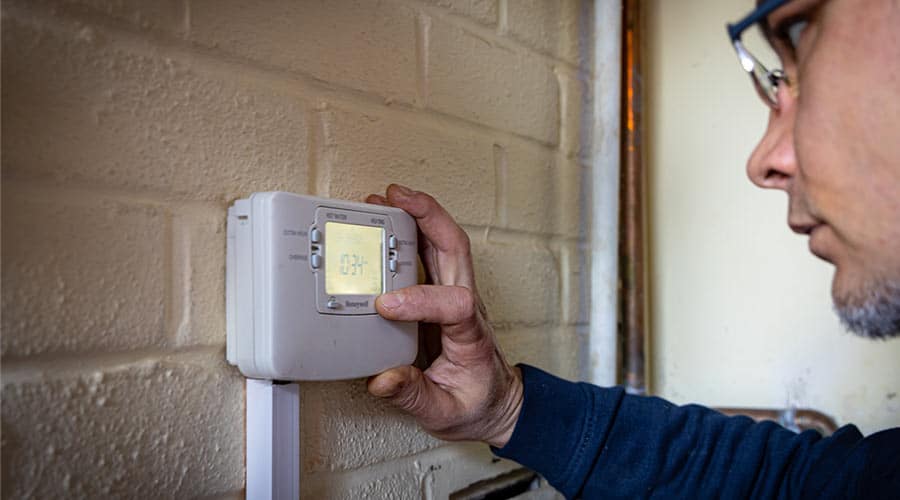
How old is the oil tank?
The average lifespan of a domestic oil tank is between 10-15 years, and some can last up to 20 years. It’s important to know how old the oil tank at your potential new home is; if it’s 10 years old and over then you may have to factor in replacing it into your budget. Check to make sure there are no cracks and that the oil tank is in good condition.
Can I see the paperwork?
To establish the boiler’s age, ask to see the ‘building regulations compliance certificate’ that should have been issued when the oil boiler was installed. If the owner does not have a certificate, it may mean that the boiler was not installed in accordance with building regulations, which is a legal requirement. This is something that you must check if you are buying a house with an oil tank.
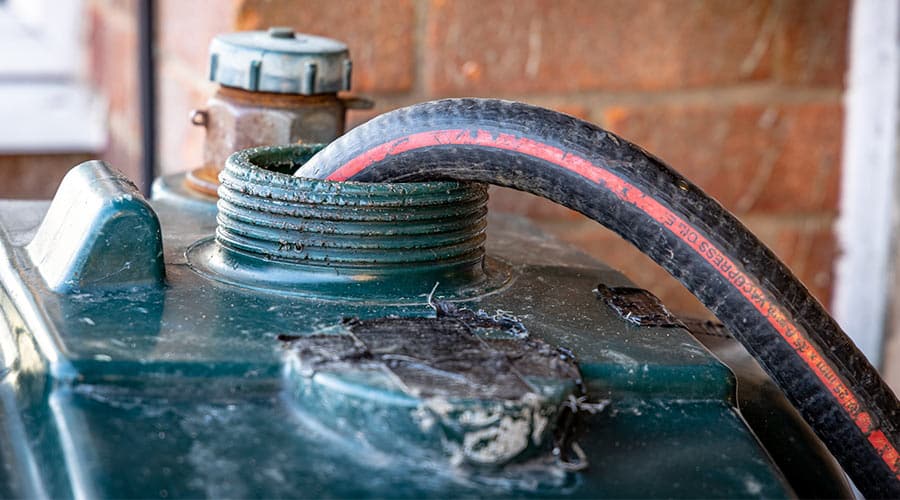
What are the access arrangements for filling the tank?
Knowing how the tank will be filled is essential, if the delivery pipe has to pass through your home many delivery companies may refuse to fill the tank.
In addition; knowing where engineers need access to the tank to fill it is helpful to know before you buy. You may be considering building work to your new home and much-needed access to the tank could hinder your plans.
Read our tips on where to install your oil tank in your garden.

If you are buying a new home with an oil tank then Oil Tanks Plus can help
With over 25 years of experience in the industry, we are one of the UK’s leading oil tank installation and maintenance companies. Contact our friendly experts today for oil tank advice, or a free quick quote.
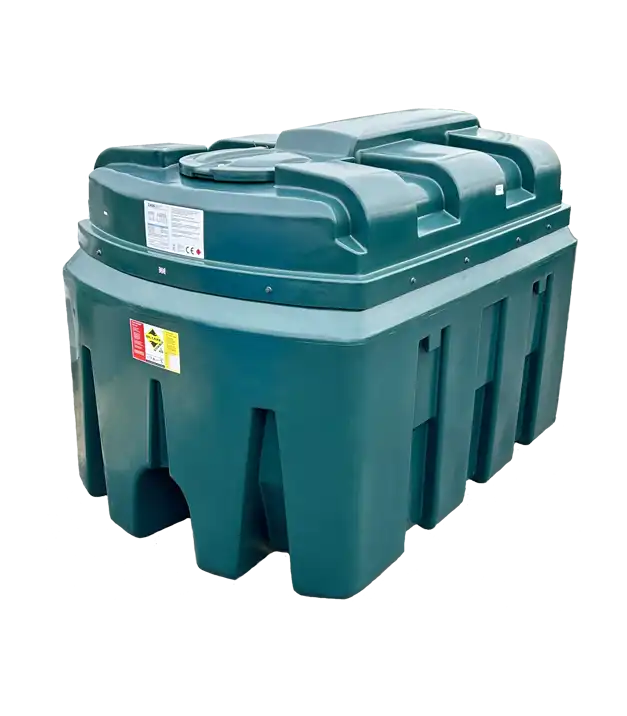
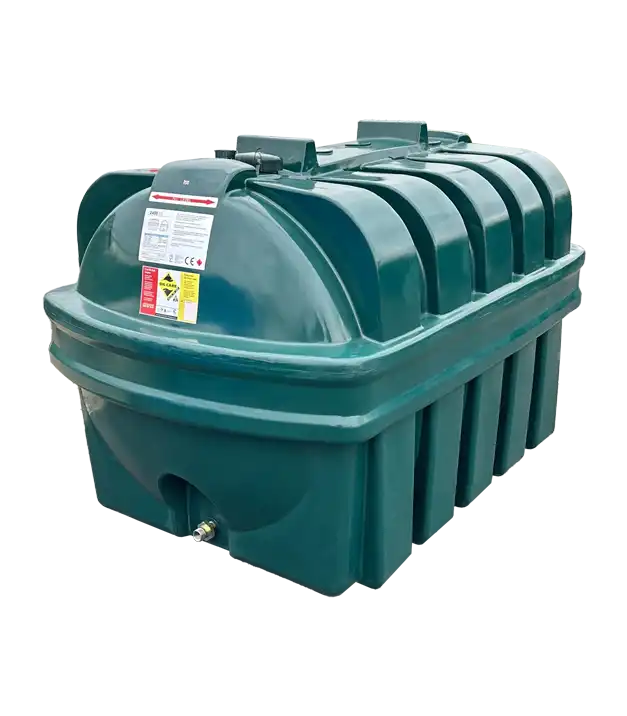

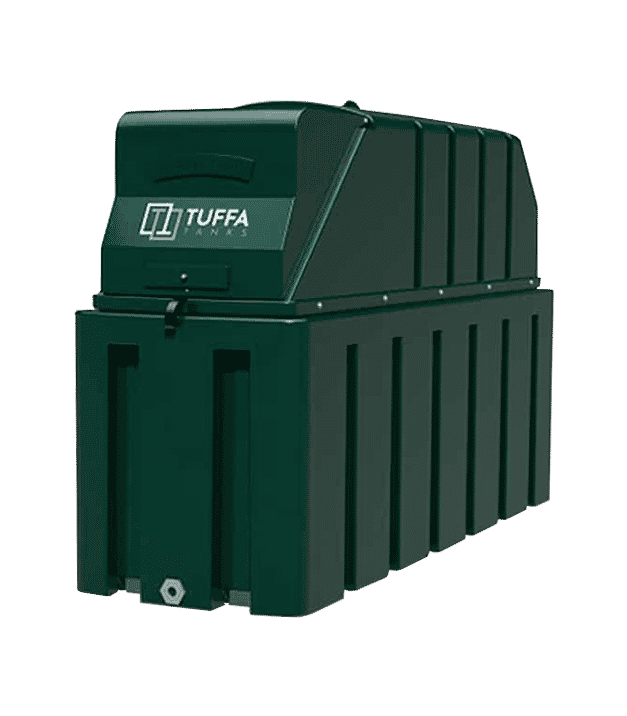
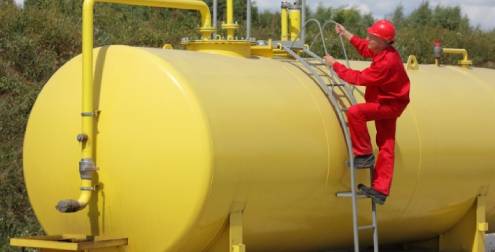
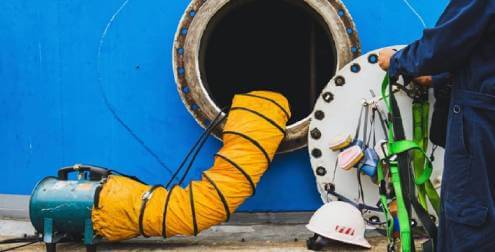
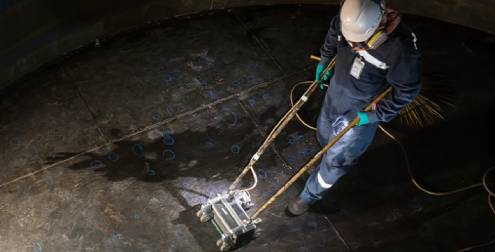

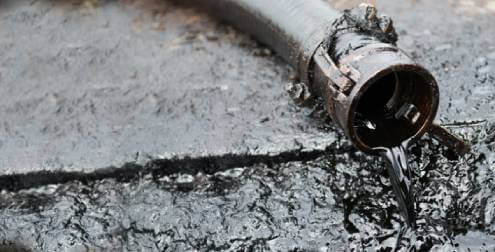
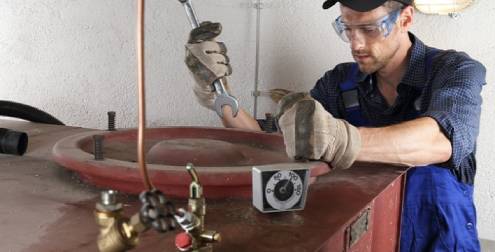

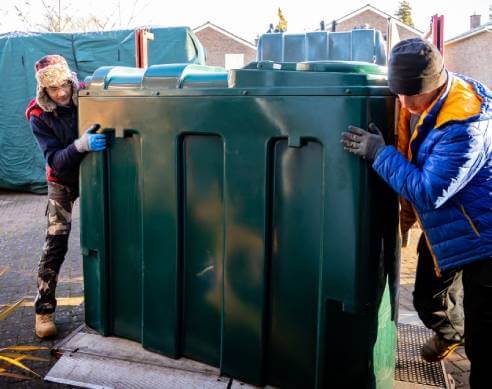
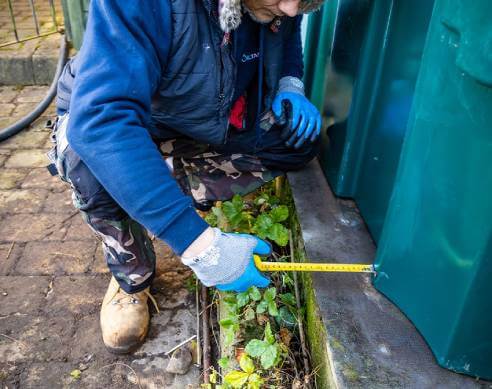


Share This: